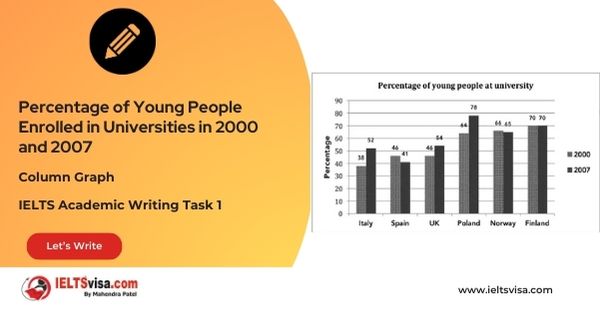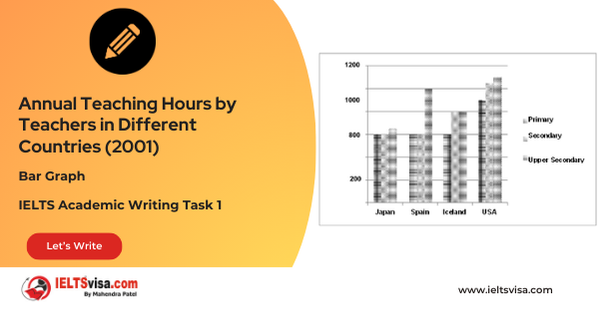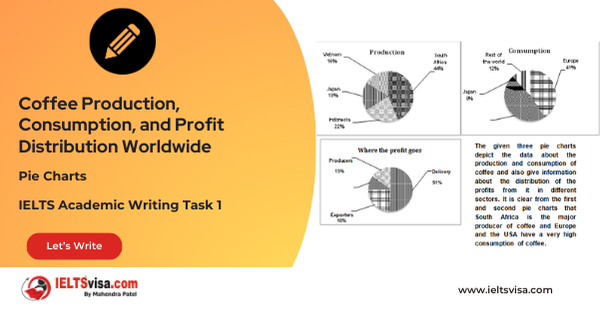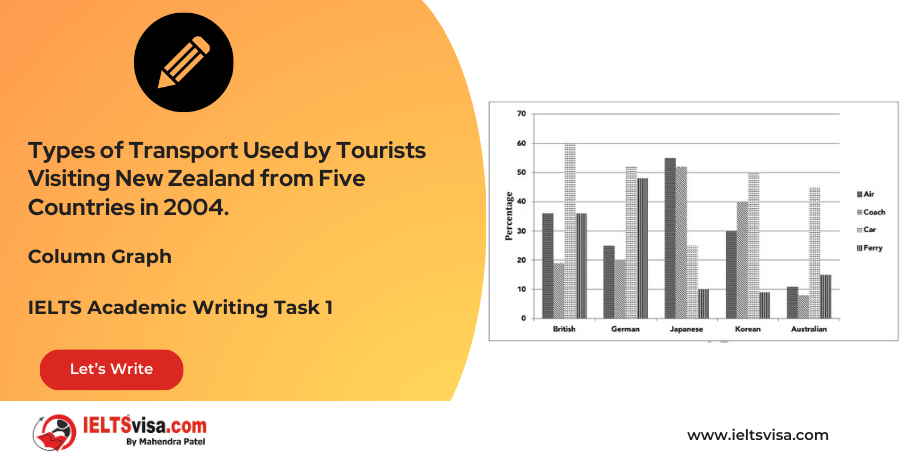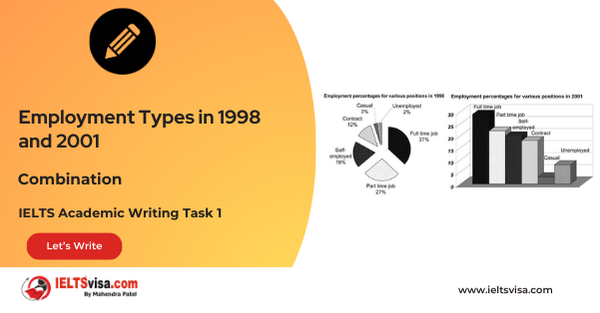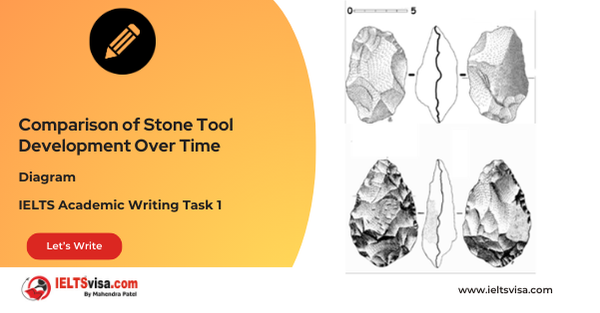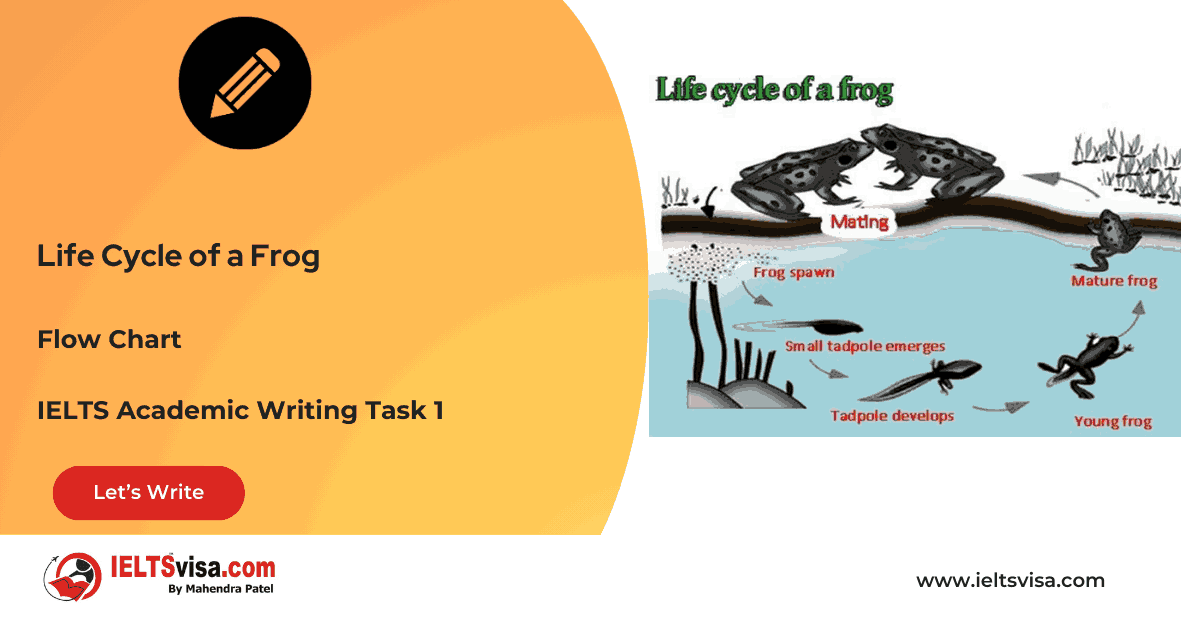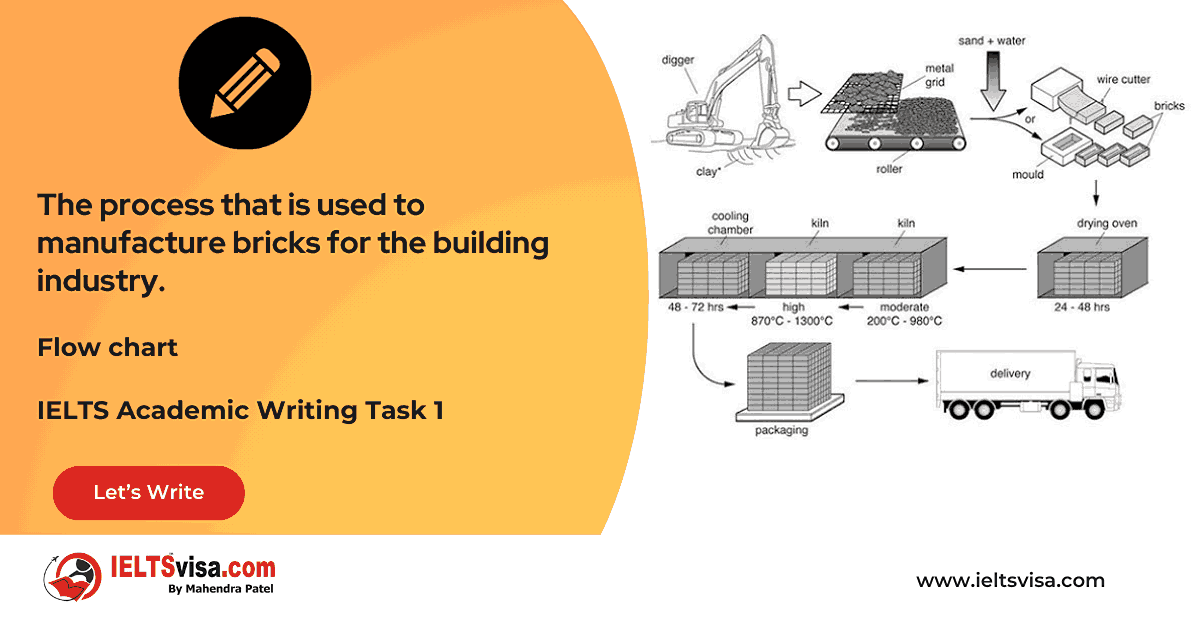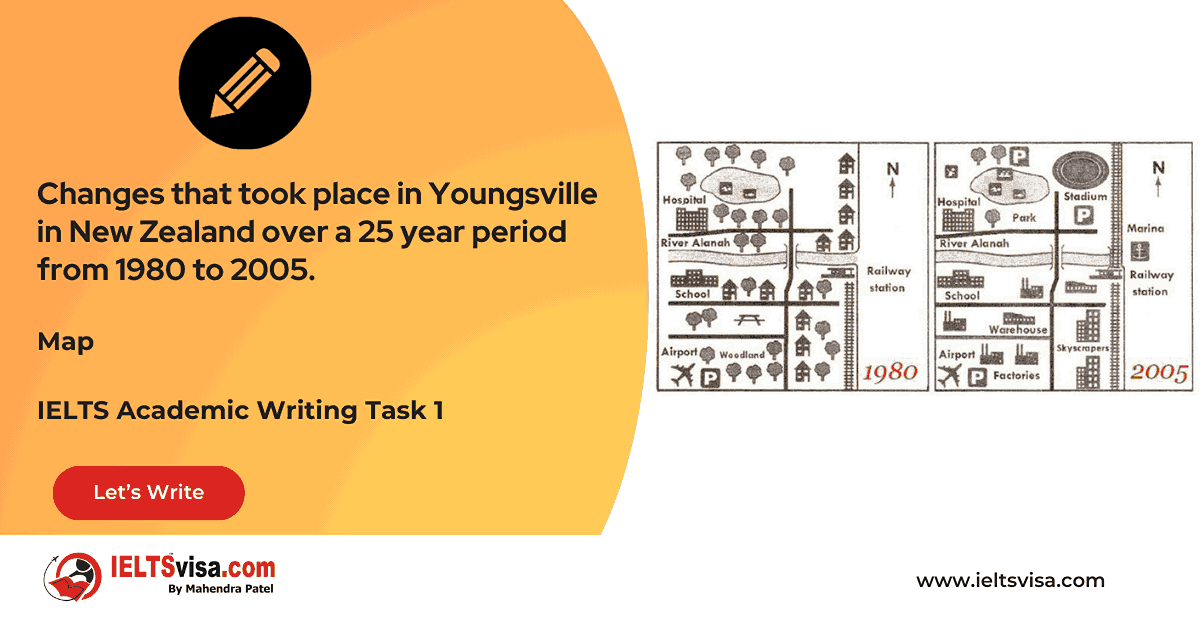IELTS Writing:
Comprehensive Guide
IELTS Writing: Comprehensive Guide
Welcome to our IELTS Writing page! Here, you can find detailed information about the IELTS Writing test, explore various writing topics, practice with valuable lessons and tips, and view sample responses. Whether you are preparing for the Academic or General module, this guide will help you excel in your IELTS Writing test.
Information About IELTS Writing
The IELTS Writing test is designed to assess your writing skills and techniques. It comprises two modules: Academic and General. The module you choose depends on your goals. If you plan to study abroad, take the Academic module. For work or immigration purposes, the General module is suitable.
Test Overview
- Duration: 60 minutes
- Sections: 2 (Task 1 and Task 2)
The IELTS Writing test consists of two parts, each with specific requirements. Task 1 varies between the Academic and General modules, while Task 2 is identical.
Academic Writing Task 1: Describe a graph, chart, or diagram.
General Writing Task 1: Write a letter.
Writing Task 2: Write an essay on a given topic.
IELTS Academic Writing
The IELTS Academic Writing module is 60 minutes long and includes two tasks. Although spending approximately 20 minutes on Task 1 and 40 minutes on Task 2 is recommended, you can allocate your time as you see fit.
Task 1: Describing Visual Data
In Task 1 of the Academic module, you must describe or summarize visual data such as a graph, chart, table, diagram, process, or scheme. You should write at least 150 words.
Sample Task:
You should spend about 20 minutes on this task.
The graph below shows tourism statistics among Venezuelan students from 2011 to 2014. Summarize the information by selecting and reporting the main features and make comparisons where relevant.
Write at least 150 words.
Task 2: Essay Writing
Task 2 is the same for both the Academic and General modules. This task requires you to write an essay on a given topic, presenting your point of view and supporting it with relevant arguments. You should write at least 250 words.
Sample Task:
You should spend about 40 minutes on this task.
Write about the following topic:
Does the Internet need to be controlled by the government? Justify your answer.
Write at least 250 words.
Explore more IELTS Writing Task 1 samples and Task 2 samples. You can also practice with our IELTS Writing exercises and enhance your vocabulary with our IELTS Task 1 and Task 2 vocabulary.
IELTS General Writing
The IELTS General Writing module also lasts 60 minutes and includes two tasks. Similar to the Academic module, it is recommended that you spend 20 minutes on Task 1 and 40 minutes on Task 2.
Task 1: Letter Writing
In Task 1 of the General module, you are asked to write a letter about an everyday situation you might encounter in an English-speaking environment. This could be a letter to an accommodation officer, employer, or friend. The letter may be personal, semi-formal, or formal.
You are tested on your ability to:
- Write personal correspondence
- Provide general factual information
- Express your opinions (views, needs, wants, likes, and dislikes)
Sample Task:
You should spend about 20 minutes on this task.
Your friend is celebrating her Birthday soon and has invited you to a party. But you cannot come because you will attend an important meeting that day.
Write a letter to your friend and:
- Thank her for the invitation
- Explain why you cannot come
- Propose to meet on another day
Write at least 150 words.
You do NOT need to write your address. Begin your letter as follows:
Dear Mary,
Task 2: Essay Writing
As with the Academic module, Task 2 in the General module involves writing an essay on a given topic, presenting your viewpoint, and supporting it with relevant arguments. The minimum word count is 250 words.
Discover more IELTS Writing Task 1 and Task 2 samples for the General module. Practice with our IELTS Writing exercises and improve your vocabulary with our IELTS Task 1 vocabulary and Task 2 vocabulary.
IELTS Writing Marking Scheme
Understanding the IELTS Writing marking scheme is crucial for achieving a high score. The Writing tasks are assessed based on four criteria:
- Task Achievement/Response: How well you address the task requirements.
- Coherence and Cohesion: The clarity and logical flow of your writing.
- Lexical Resource: Your range of vocabulary and accuracy.
- Grammatical Range and Accuracy: The variety and correctness of grammatical structures.
Review our detailed IELTS Writing marking scheme to understand what examiners look for in your responses.
By familiarizing yourself with the test format, practising with various tasks, and understanding the marking criteria, you can improve your writing skills and increase your chances of achieving a high score on the IELTS Writing test.
Good luck!
RECENT IELTS SAMPLES QUESTIONS AND ANSWERS
Task 1 – Column graph – Percentage of Young People Enrolled in Universities in 2000 and 2007.
20:00 Start Pause Stop [df_adh_heading title_infix="IELTS Writing Task 1 Question" use_divider="on"...
Task 1 – Bar Graph – Annual Teaching Hours by Teachers in Different Countries (2001)
20:00 Start Pause Stop [df_adh_heading title_infix="IELTS Writing Task 1 Question" use_divider="on"...
Task 1 – Pie Charts – Coffee Production, Consumption, and Profit Distribution Worldwide
20:00 Start Pause Stop [df_adh_heading title_infix="IELTS Writing Task 1 Question" use_divider="on"...
Task 1 – Column graph – Types of Transport Used by Tourists Visiting New Zealand from Five Countries in 2004.
20:00 Start Pause Stop [df_adh_heading title_infix="IELTS Writing Task 1 Question" use_divider="on"...
Task 1 – Bar and Pie Chart Combination – Employment Types in 1998 and 2001
20:00 Start Pause Stop [df_adh_heading title_infix="IELTS Writing Task 1 Question" use_divider="on"...
Task 1 – Diagram – Comparison of Stone Tool Development Over Time
20:00 Start Pause Stop [df_adh_heading title_infix="IELTS Writing Task 1 Question" use_divider="on"...
Task 1 – Flow chart – Life Cycle of a Frog
20:00 Start Pause Stop [df_adh_heading title_infix="IELTS Writing Task 1 Question" use_divider="on"...
Task 1 – Flow chart -The process that is used to manufacture bricks for the building industry.
20:00 Start Pause Stop [df_adh_heading title_infix="IELTS Writing Task 1 Question" use_divider="on"...
Task 1 – Map – Changes that took place in Youngsville in New Zealand over a 25 year period from 1980 to 2005.
20:00 Start Pause Stop [df_adh_heading title_infix="IELTS Writing Task 1 Question" use_divider="on"...








